
- Article
- Article
The making of ‘Quacks’
How do you create a medical comedy that’s authentic and laugh-out-loud funny?

- Article
- Article
Do good mothers make good democracy?
To be psychologically fit for democracy, one distinguished paediatrician argued that you need a ‘good enough mother’ – and that we must acknowledge the bad side of our feelings.
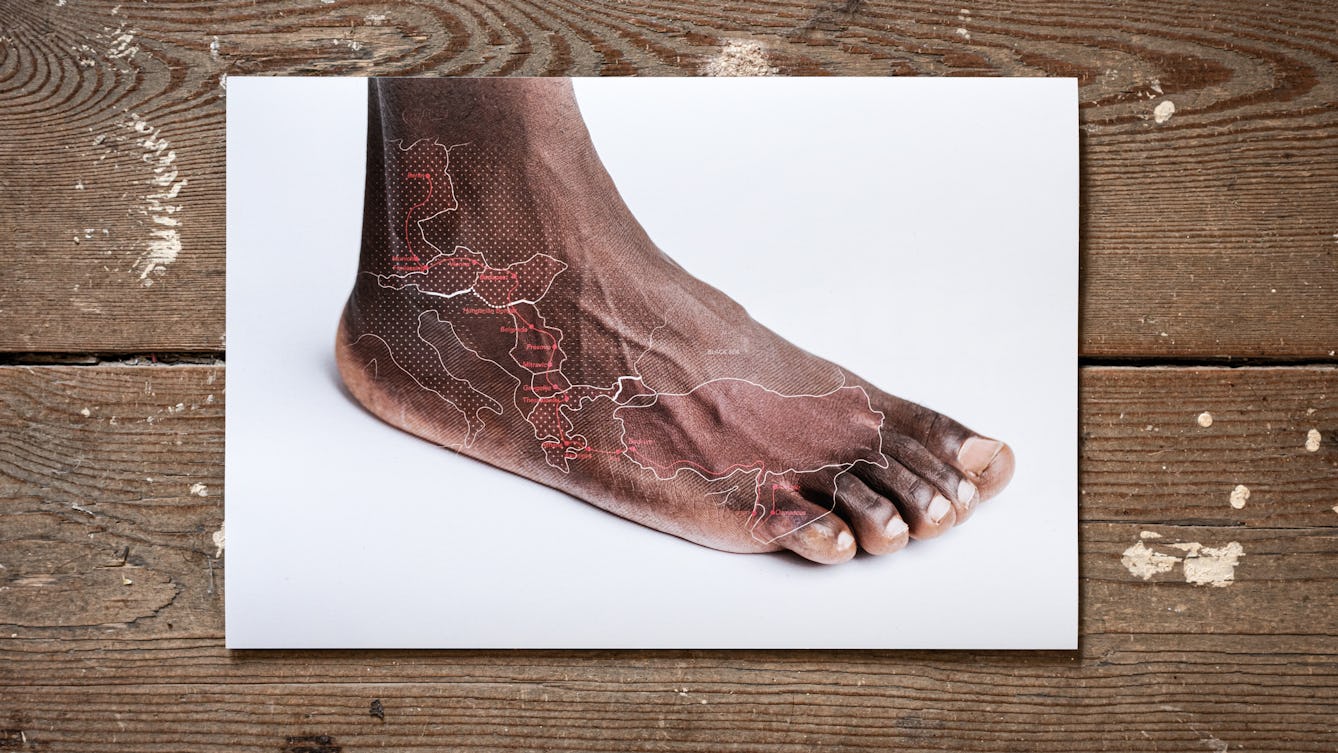
- Article
- Article
When wounds replace words
For the many thousands of refugees waiting in Greece, the process to establish the truth of their tragic personal histories is often extremely upsetting. But a group of medics and legal workers is working together to make the system more humane.
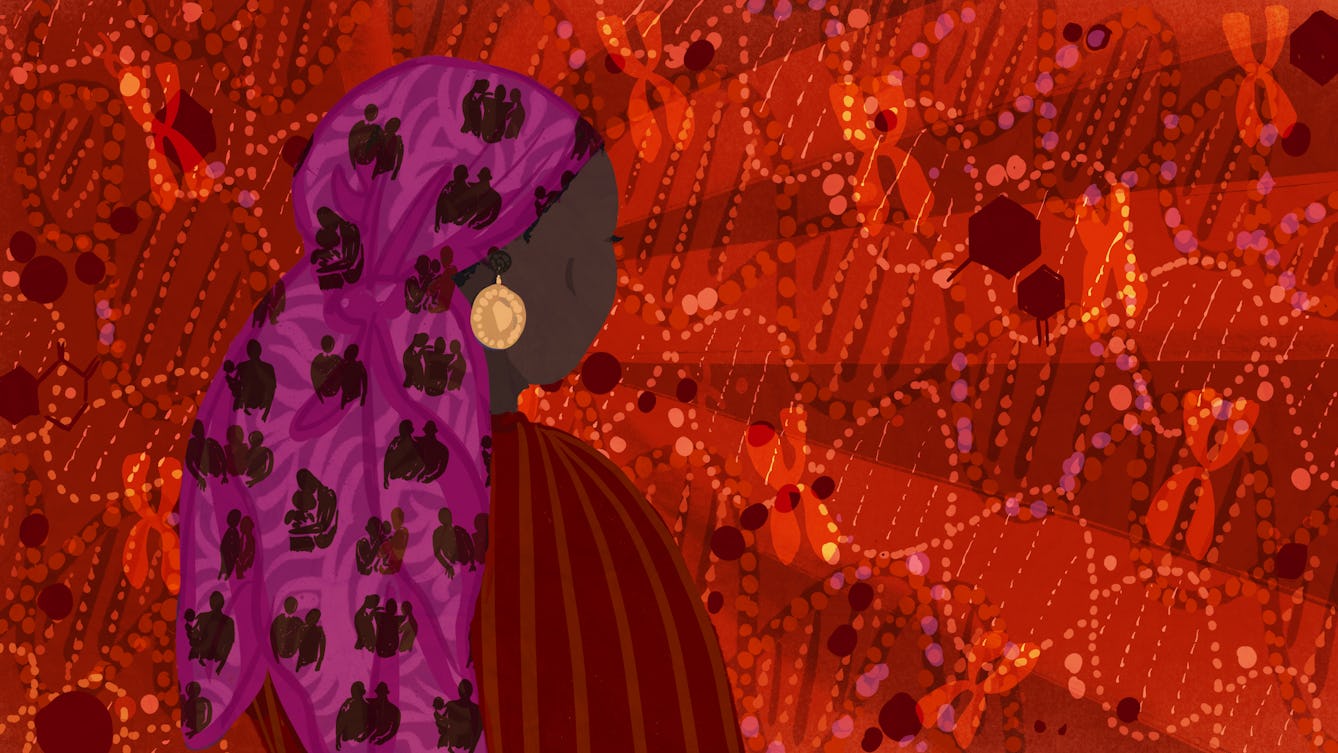
- Article
- Article
Equality in genetics
Genetic counsellor Sasha Henriques harnessed her energy and resolve to tackle the racial biases she saw in her profession – with positive and promising results.

- Article
- Article
Finding out where my lithium comes from
The origins of the lithium Laura Grace Simpkins swallows daily are unclear. If we don’t know the provenance of our pills, how can we make informed decisions about them?
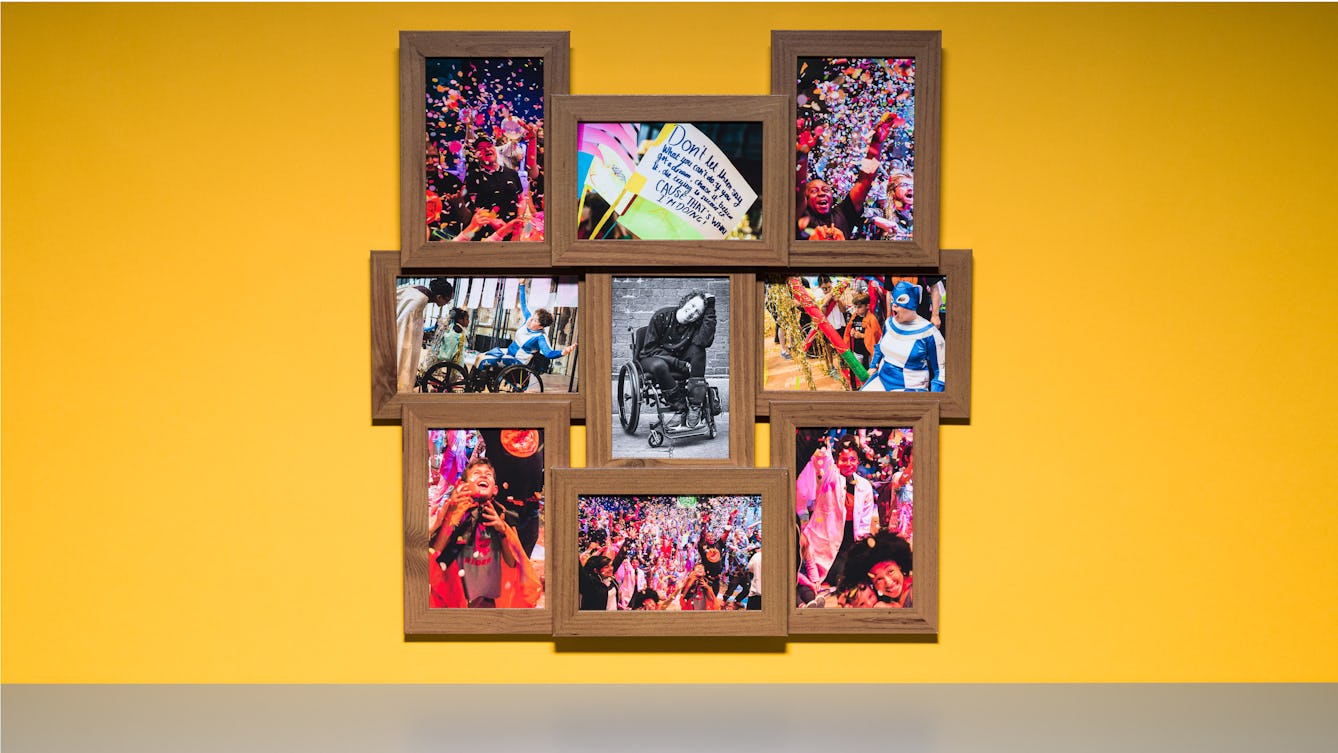
- Article
- Article
Rejecting shame and a decade of change
Jess Thom spent years trying to ignore and suppress the tics of Tourette’s syndrome. Read what happened when she decided to celebrate them instead.
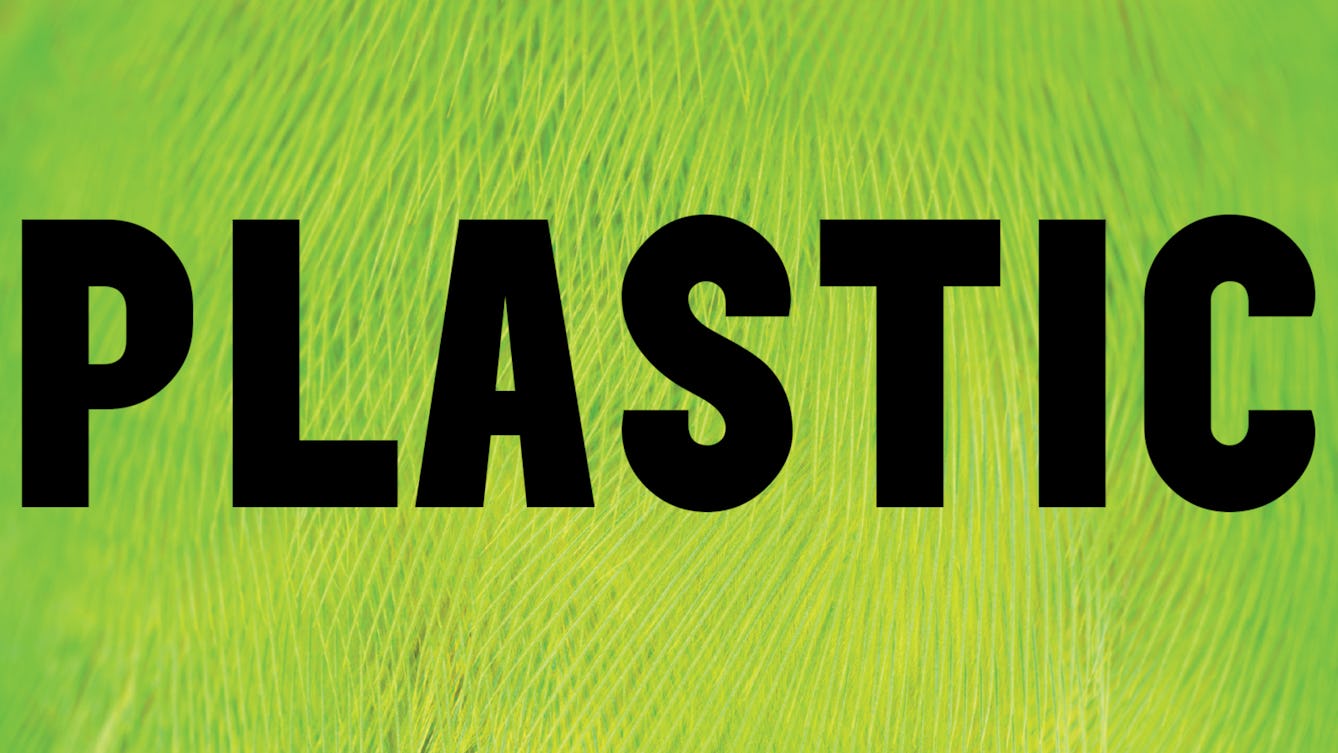
- Article
- Article
Sharing Nature: Plastic fantastic
There are serious concerns about plastics in the environment. Yet they make our lives much easier, even in the natural world.
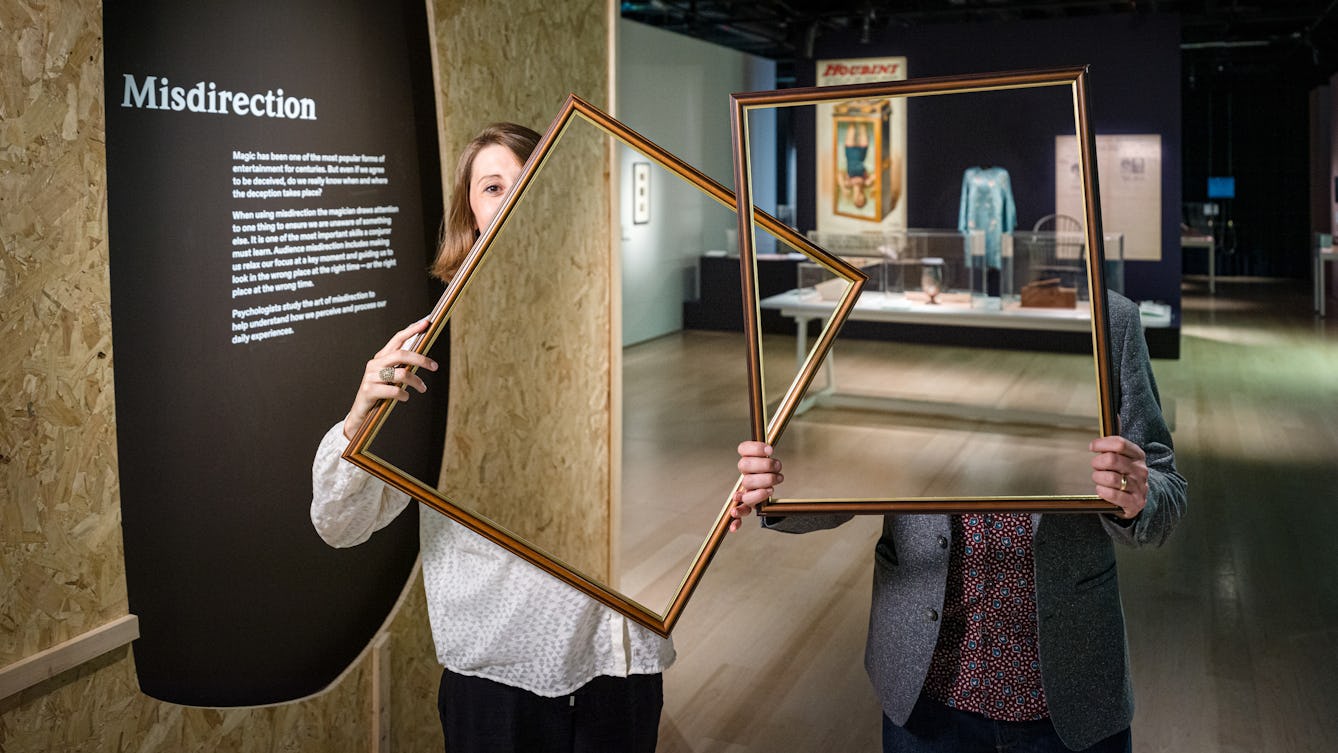
- Interview
- Interview
Inside the minds of A R Hopwood and Honor Beddard
The curators of ‘Smoke and Mirrors’ reveal the stories behind the exhibits, and the intriguing truths the show confronts us with.

- Article
- Article
How writing helps me manage schizophrenia
For Erica Crompton, writing is much more than a career. It’s an essential component of her mental health toolkit.
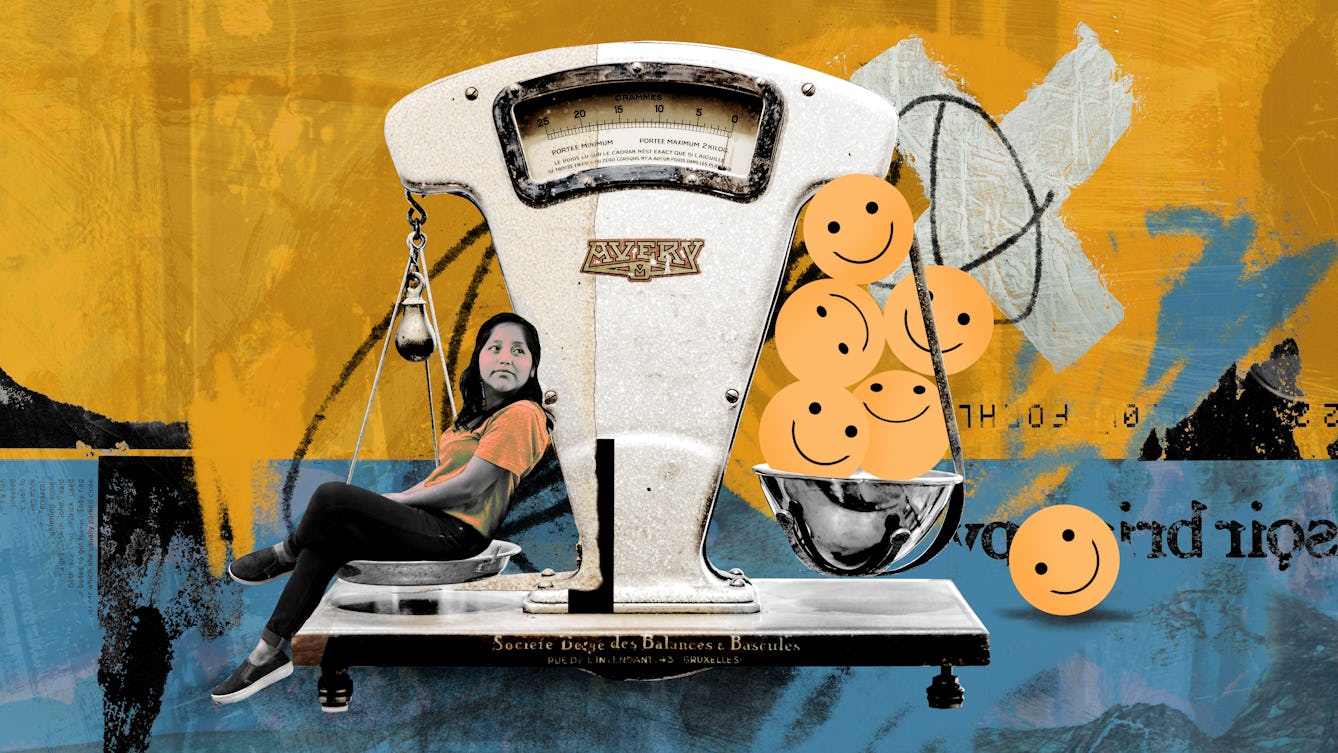
- Book extract
- Book extract
The meaning of happiness
What is happiness? Tiffany Watt Smith charts how its definition has changed over time, from chance emotion to something that can be measured and controlled.
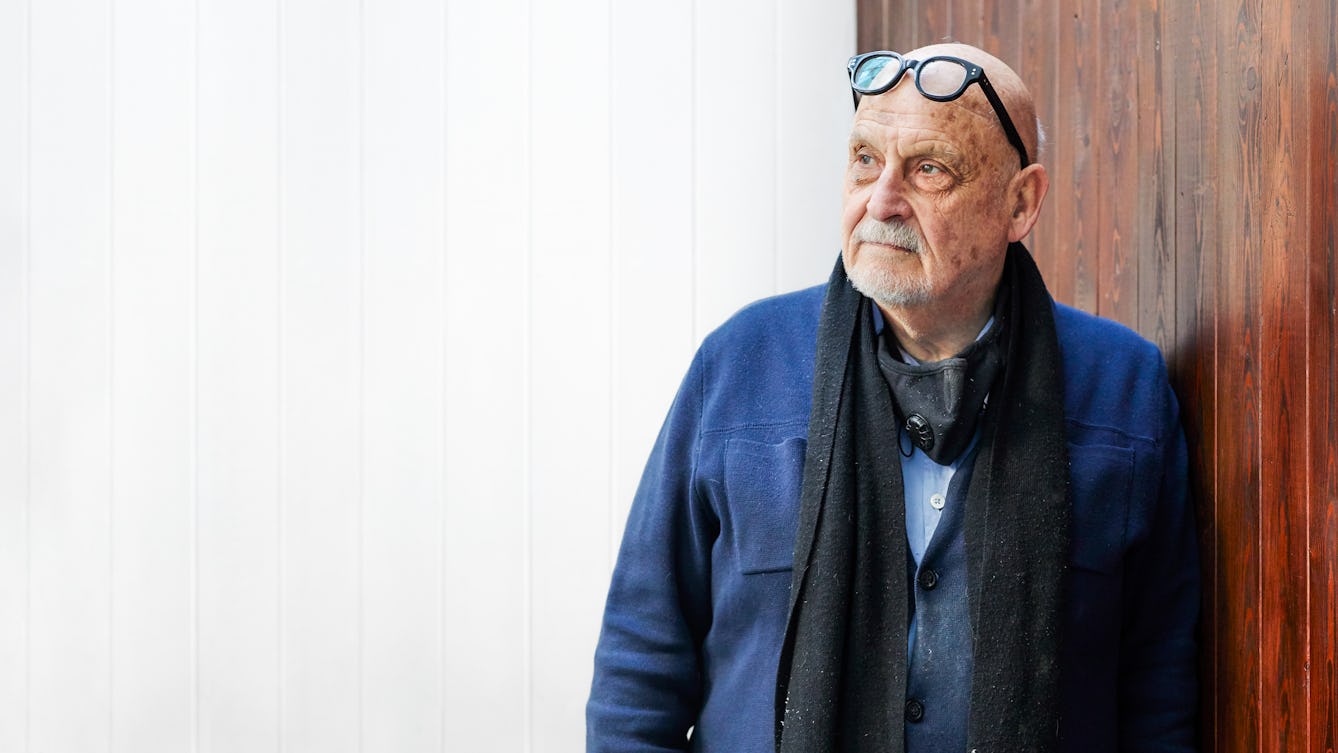
- Photo story
- Photo story
The spectacle maker
Born into the eyewear business 80 years ago, Lawrence Jenkin still designs and makes glasses, while supporting and inspiring the generations of designers following him.
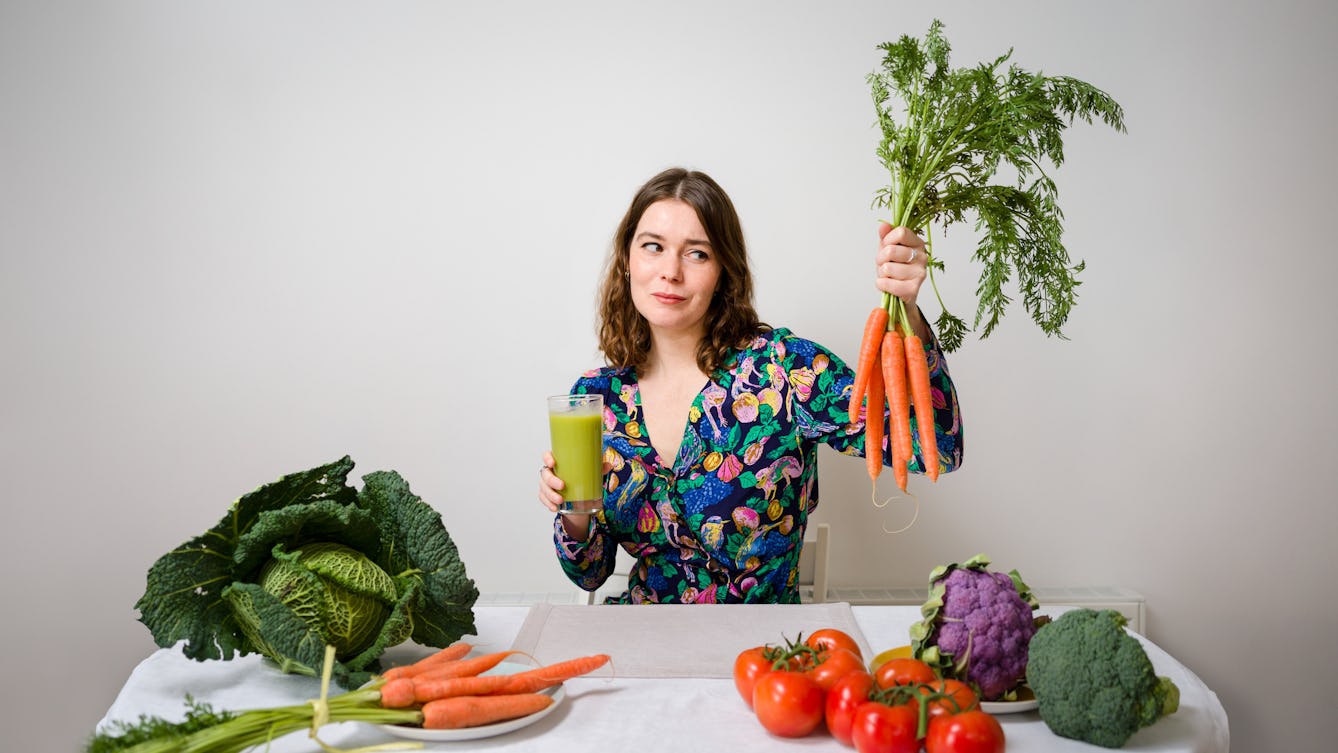
- Article
- Article
The sickness in the wellness industry
In recovery from anorexia, Gwen Smith began to realise how the wellness industry needs its followers to feel bad about themselves in order to make money out them.

- Article
- Article
How hospital care fails disabled bodies
Hospitals aim to make sick people well. But if the sick person is also disabled, the unbending nature of monolithic hospital systems can easily worsen the situation. Here Jamie Hale writes from painful personal experience.

- Article
- Article
Dementia playlists and musical memory
Listening to the right music can provide both solace and pleasure for someone with dementia, helping them to reconnect with the world around them. Grace Meadows makes the case for more music in dementia care.

- Article
- Article
Collecting pandemic stories
Find out how personal notebook jottings from two flatmates became ‘Journals of a Pandemic’, a comprehensive diary-keeping project encompassing dozens of writers from a wide variety of backgrounds.
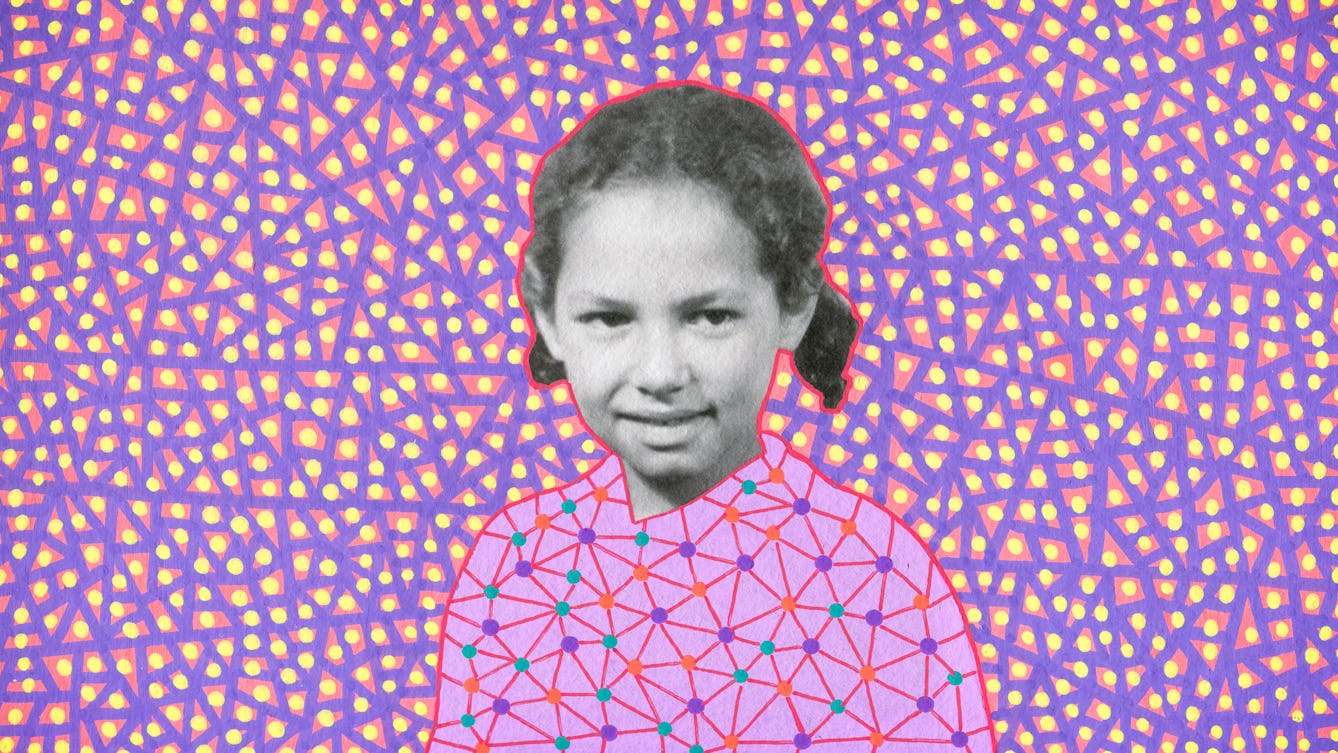
- Article
- Article
When you don’t belong, you drink
In the third part of her exploration of belonging, Tanya Perdikou unpicks the addictions that have shaped her past and uncovers the connections that make recovery possible.
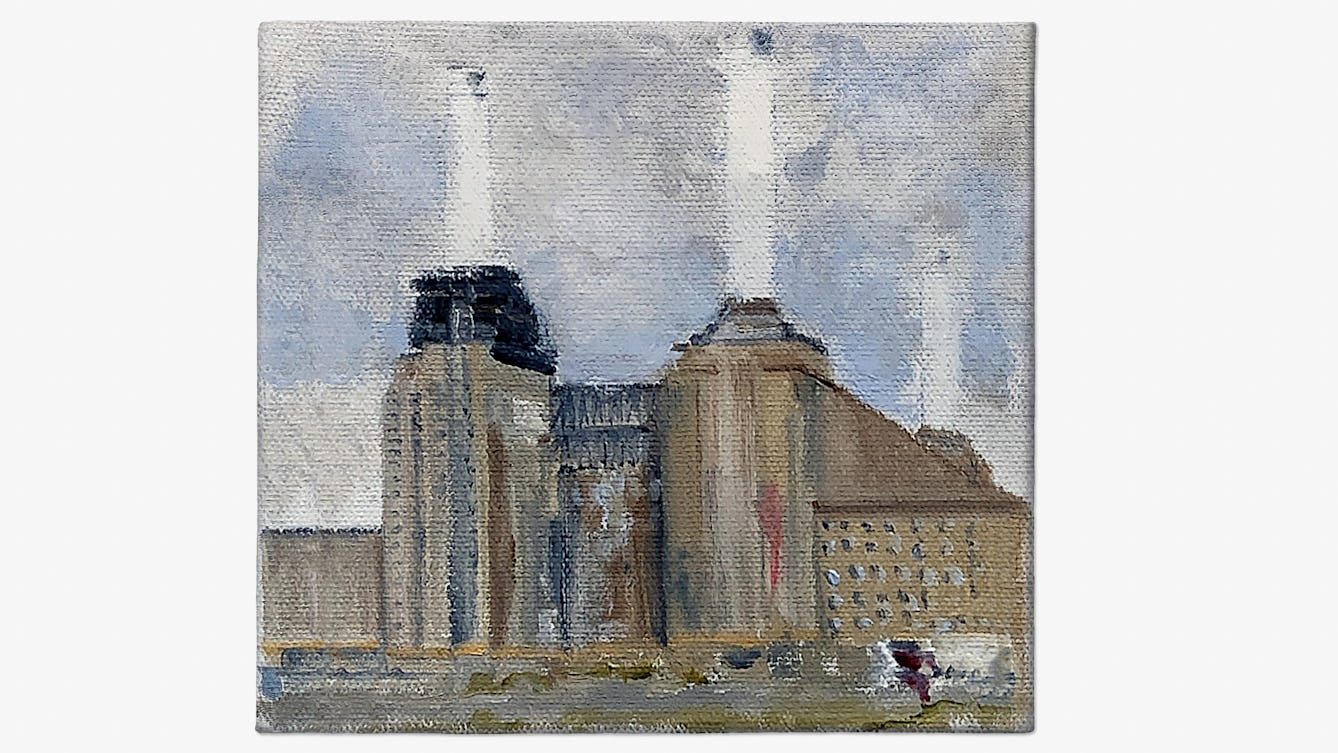
- Article
- Article
People against pollution
Alice Bell reflects on what happens when communities help solve environmental problems, and whether citizen science can help fight industrial pollution today.
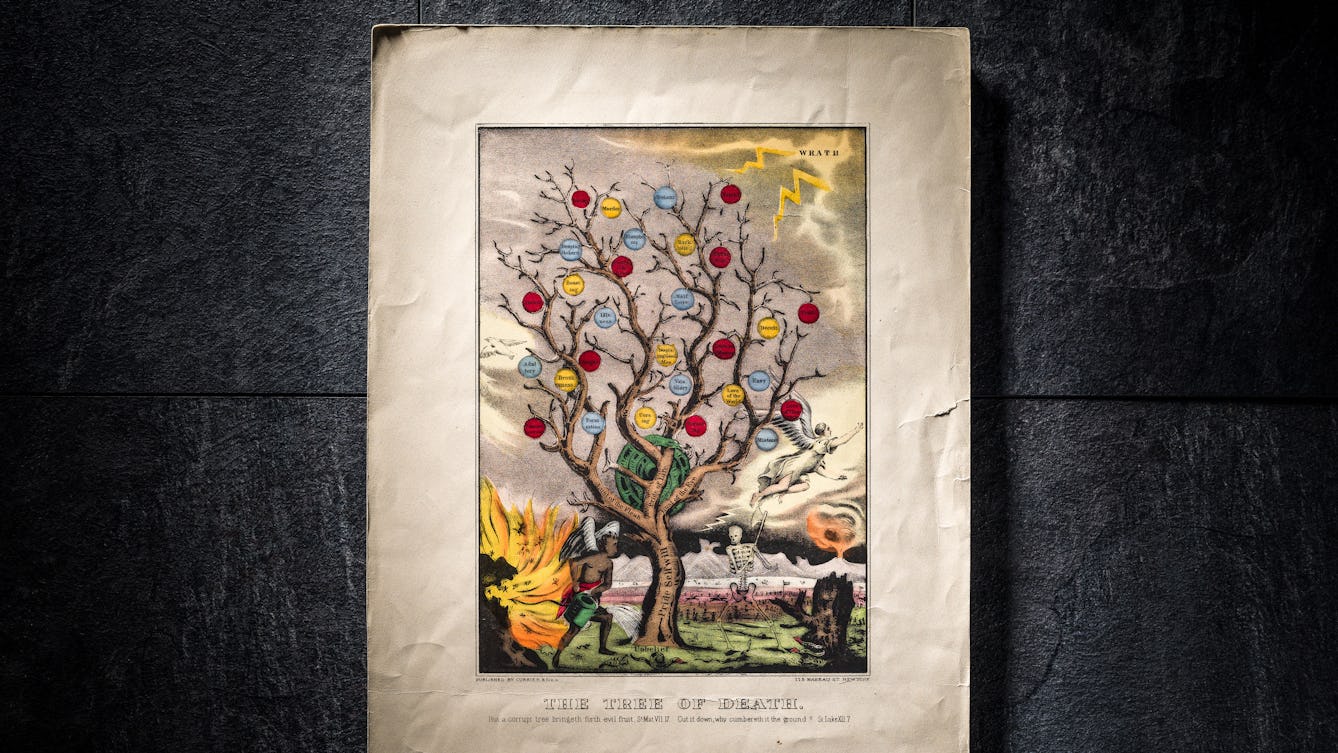
- Article
- Article
Why all of us are evil
Science proves that we’re all capable of evil: your secret fantasy about killing someone you hate is surprisingly normal. But the way to better moral choices is to fight emotional instinct.
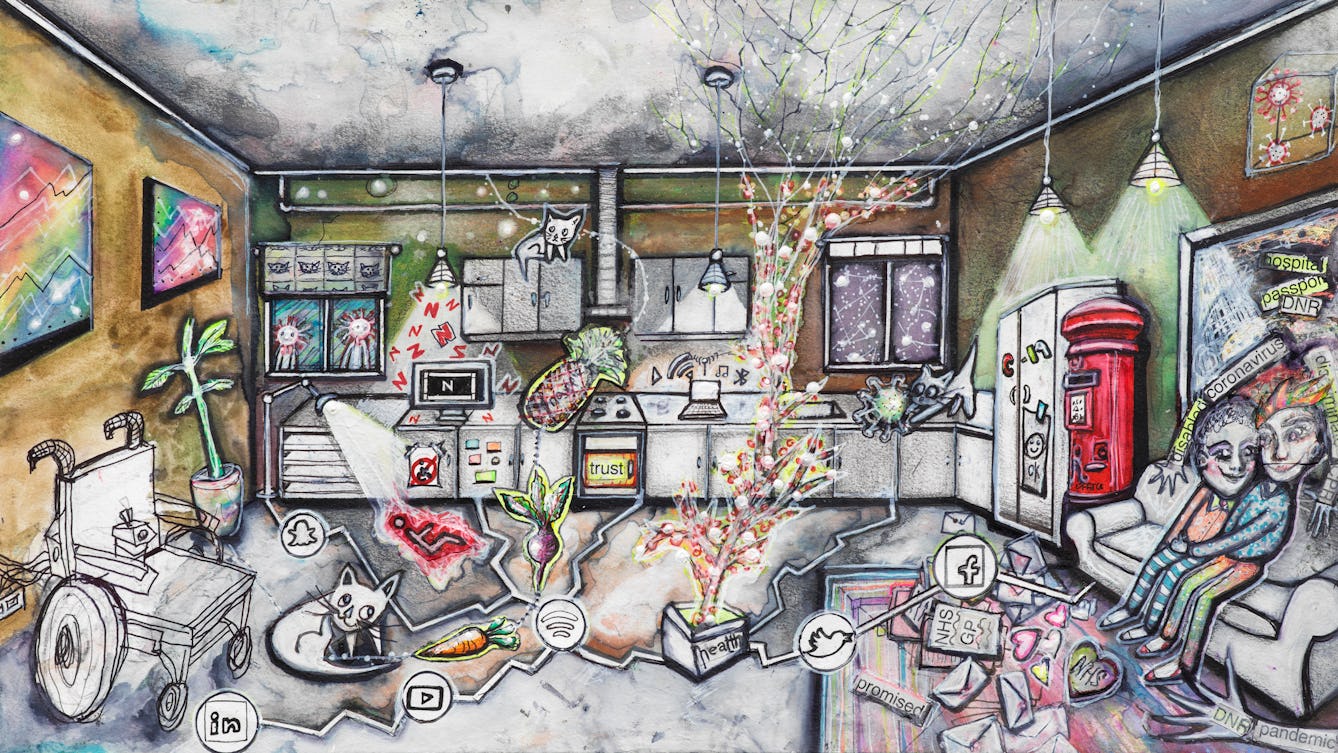
- Article
- Article
Lying low for lockdown and beyond
For Liz Carr the chances of catching Covid-19 are the same as for anyone else, but as a Disabled person she's at much greater risk of not getting the treatment she needs if she falls ill.

- Article
- Article
Dying at home and the doctor’s role
Our anonymous GP talks about the bittersweet rewards of supporting a patient when he chose to die at home.
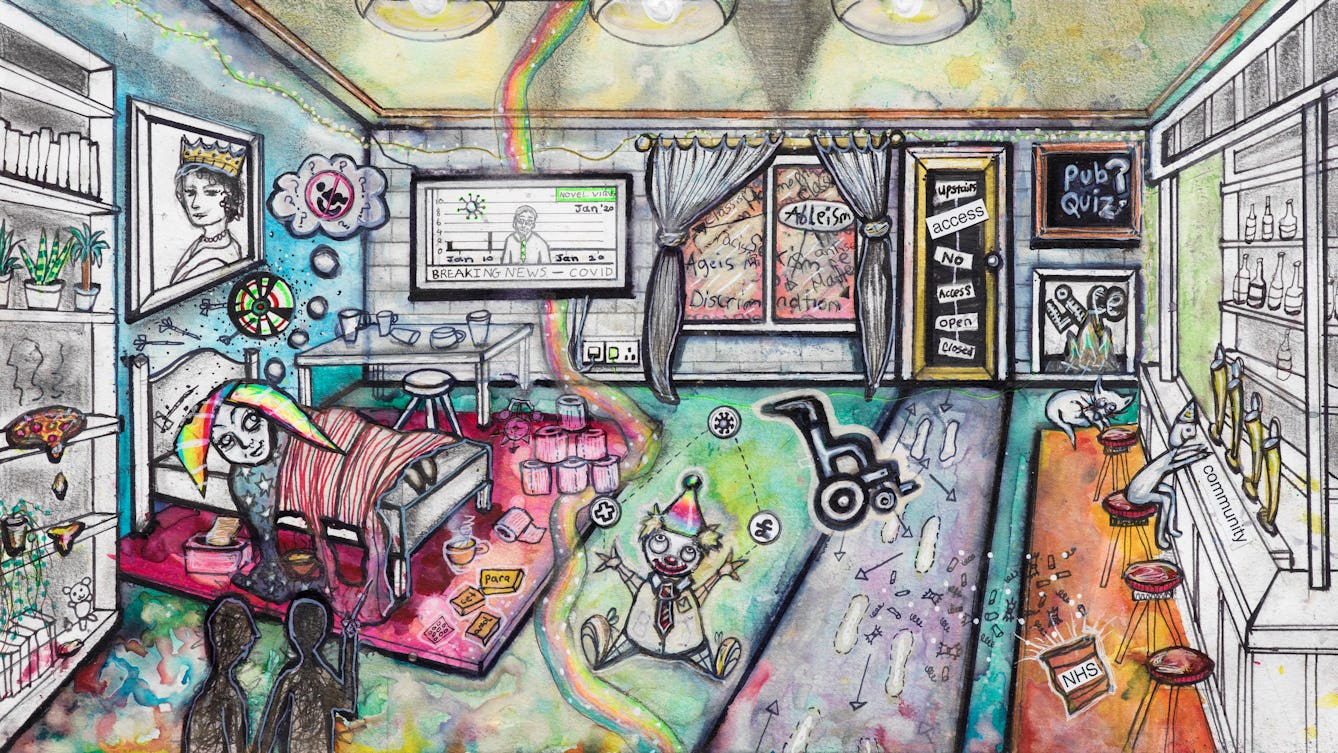
- Article
- Article
Our Covid complicity
Athena Stevens thought she had a cold that she tried to ignore, but it turned out to be Covid-19. Here she reflects on how we have all put ourselves and others at risk with the choices we’ve made during this pandemic.

- Article
- Article
Raising a baby in prison
Gary’s second child spent much of her babyhood in a prison mother-and-baby unit, after his wife was given a custodial sentence. Here he explores the family’s experiences of that time.

- Article
- Article
The child whose town rejected vaccines
Gloucester, 1896. Ethel Cromwell is taken ill at the height of Britain’s last great smallpox epidemic.

- Article
- Article
Why gene editing can never eliminate disability
In a world where DNA testing and gene editing offer ways to eliminate certain disabilities, Jaipreet Virdi explores a more accepting and inclusive approach.

- Article
- Article
Seeds for the future
Indigenous groups have a key role as guardians of biodiversity, and their knowledge could help us all preserve our world. To survive, we all need to collaborate, reject prejudice, and share what we know.